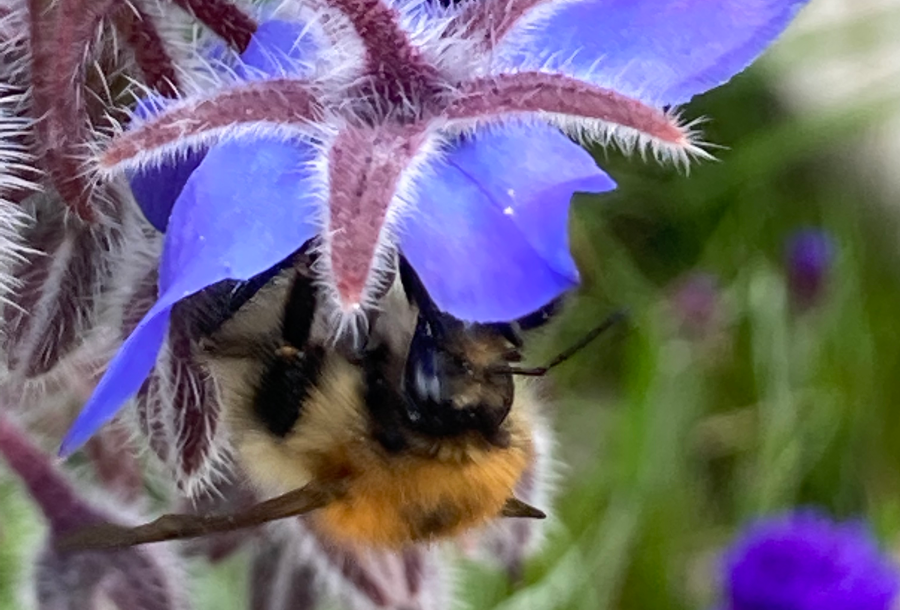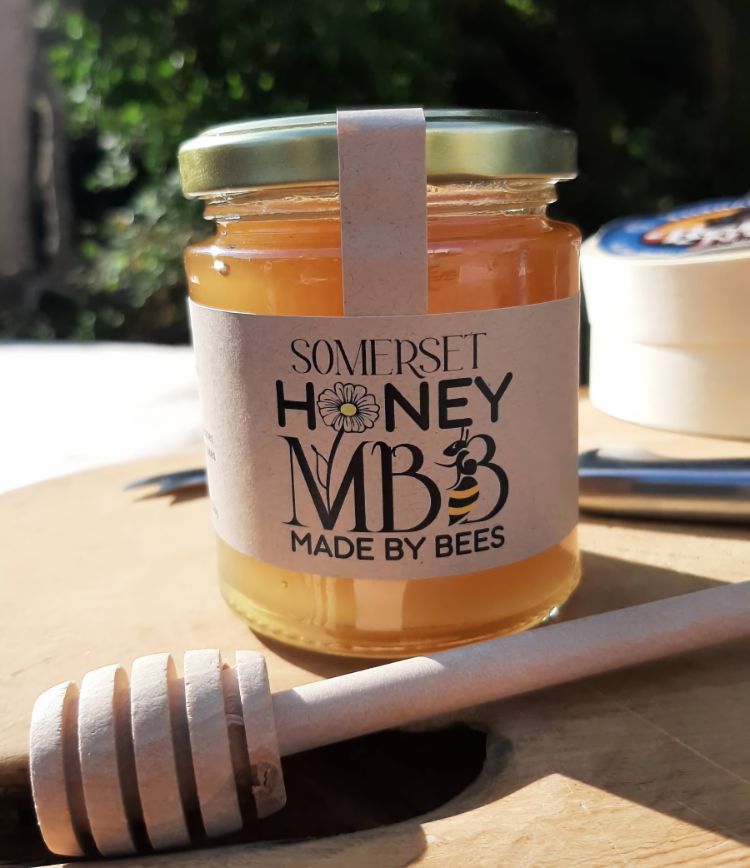Wildflowers could be absorbing toxic metals from soil in urban areas and passing toxins on to pollinators, a study has found.
Researchers from the University of Cambridge found that common plants including white clover and bindweed, which are vital forage for pollinators in cities, can accumulate arsenic, cadmium, chromium and lead from contaminated soils.
These metals have been found in previous studies to damage the health of bees and other pollinators, which feed on the contaminated nectar. This leads to reduced population sizes and death. Even low metal levels in nectar can hinder bees’ learning and memory, which degrades their foraging abilities.
The contaminated soils tend to be on land previously used for buildings and factories, which have leached these pollutants into the land. The scientists who carried out the study are now recommending that urban areas are tested for contaminants and potentially cleaned before wildflowers are planted.
Read more HERE






Share:
Pollinator decline & climate change threaten chocolate production
Goodbye dear friend